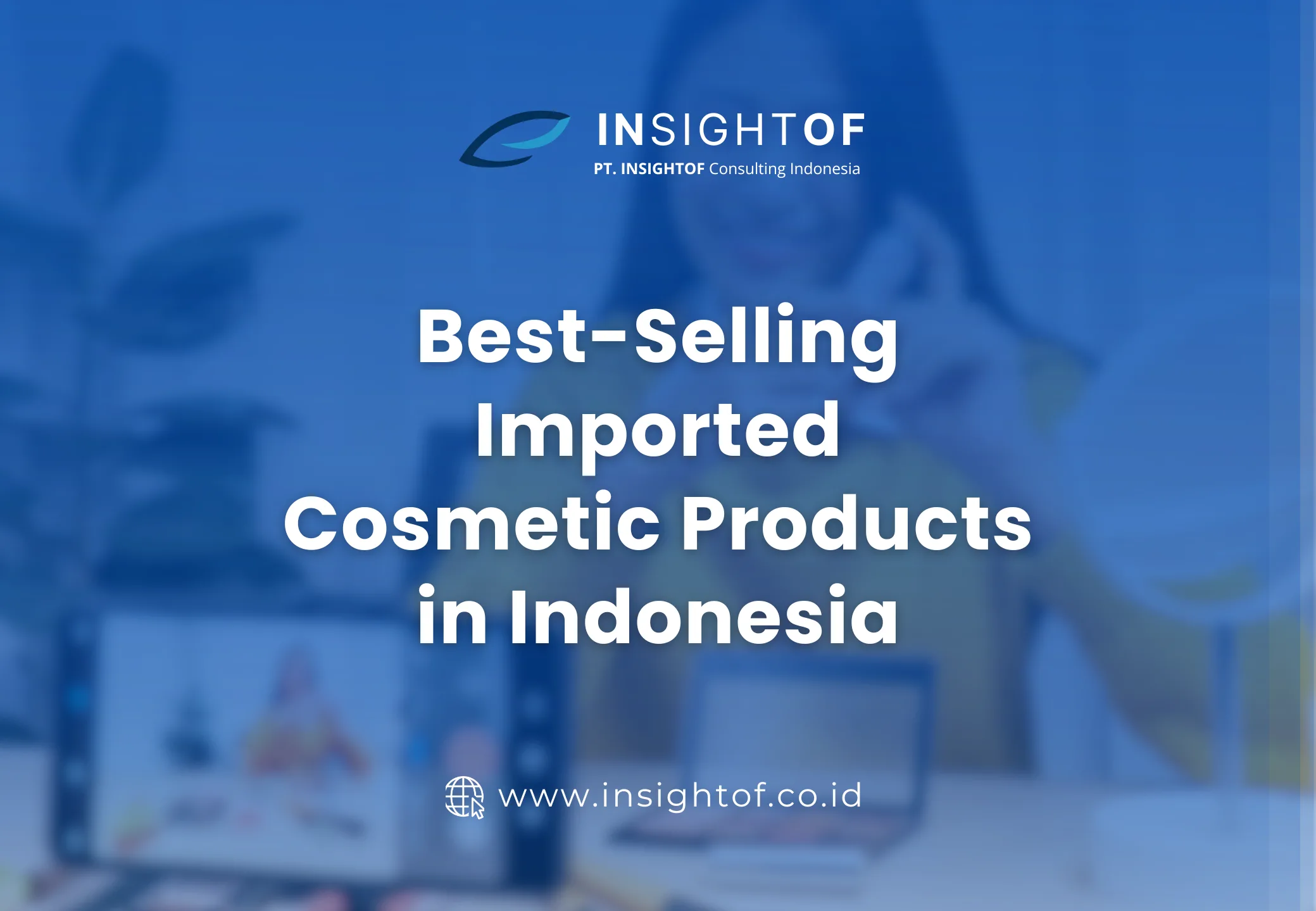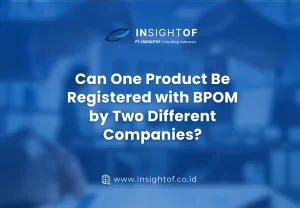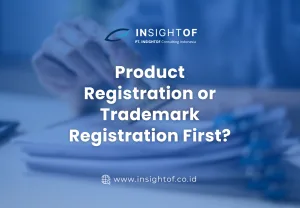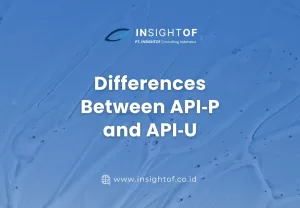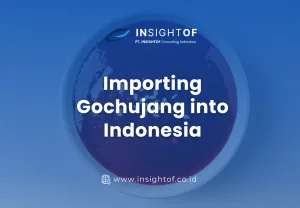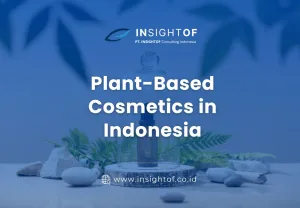Indonesia’s cosmetic industry continues to grow rapidly, driven by strong consumer demand and high e-commerce penetration. Despite local production growth, the market remains highly dependent on imported products. According to the Ministry of Industry, the number of local cosmetic manufacturers rose by 21.9% to 1,010 in 2023. However, the trade balance is still in deficit. In 2022, Indonesia exported only US$428.3 million in cosmetics, while imports of finished goods reached US$626.0 million.
Datanesia reported that between 2018 and 2021, the top sources of cosmetic imports were: China (US$349.9 million), South Korea (US$212.2 million), and France (US$164.6 million). This indicates a major opportunity for foreign brands looking to enter the Indonesian market.
- Export–Import Balance (2022): Export value was US$428.3 million vs. import value of US$626.0 million – a major trade deficit .
- Top Importing Countries (2018–2021): China (US$349.9M), South Korea (US$212.2M), France (US$164.6M) .
- Industry Growth: Local cosmetic companies increased from 913 in 2022 to 1,010 in 2023, driven by self-care trends and market demand.

Why Indonesian Consumers Prefer Imported Cosmetics
Indonesian consumers are selective and cosmopolitan, often choosing foreign products for their innovation, branding, or perceived effectiveness. Key trends include:
- South Korea (K-Beauty) – Korean beauty products remain a favorite among young Indonesians. K-pop trends and innovative skincare formulations make K-beauty products highly desirable. Korea is Indonesia’s second-largest cosmetic import source.
- Japan (J-Beauty) – Japanese products are well-regarded for their quality and safety. Popular brands like Shiseido, DHC, and SK-II have a loyal following.
- Europe (especially France) – French brands such as L’Oreal, Lancôme, and Chanel are favored by the upper-middle class for their luxury appeal .
- China – Chinese brands are gaining traction, especially on social platforms like TikTok. Viral products such as Skintific are helping Chinese cosmetics dominate online channels.

Regulatory Requirements for Imported Cosmetics in Indonesia
Before launching in Indonesia, imported cosmetics must meet strict national regulations:
- BPOM (Product Notification/NA Number) – All cosmetics (local and imported) must be registered with the Indonesian FDA (BPOM) before distribution. Imported brands must submit documentation including a Business Identification Number (NIB), NPWP, Letter of Authorization (LOA) from the foreign manufacturer, and product details . Unregistered products are considered illegal.
- Product Safety Standards – All cosmetics must be safe, meet quality standards, and avoid banned ingredients.
- Labeling Requirements – Labels must be written in Bahasa Indonesia and include information such as NA number, ingredients, importer name/address, usage instructions, and batch number . Products without proper labeling are not allowed to be marketed.
- Customs and Import Taxes – Based on PMK 96/2023, imported cosmetics face Most Favored Nation (MFN) tariffs of 10–15%, VAT of 11% (rising to 12% in 2025), and 5% income tax (PPh 22) in certain cases .
- Halal Certification (MUI) – Under Indonesia’s Halal Law, all cosmetics must be certified halal by 2024. This requirement is especially critical in Indonesia’s Muslim-majority market and serves as an advantage for compliant brands.
Tips for Foreign Brands Preparing to Enter Indonesia
To succeed in Indonesia’s competitive cosmetic market, foreign brands should be well-prepared in both regulatory and commercial aspects:
- Legal Registration – Work with an experienced local partner or consultant to secure BPOM product notifications and import permits. Ensure all documentation is correct and submitted in accordance with Indonesian requirements.
- Labeling & Packaging – Adapt product packaging to comply with Indonesian labeling rules. Labels must include an NA number, ingredients, instructions, and distributor details in Bahasa Indonesia .
- Formula & Shade Adjustments – Consider adapting formulations for tropical climates (lightweight textures, higher SPF) and skin tone preferences. Market research can help tailor products to local trends.
- Halal Strategy – Begin your Halal certification process early through LPPOM MUI. This certification will not only be mandatory but also adds credibility and trust.
- Distribution & Promotion – Choose the right distribution channels: e-commerce (Tokopedia, Shopee), department stores, pharmacies, and social commerce. Collaborate with influencers and local KOLs to boost brand awareness.
- Price Planning – Factor in customs duties, VAT, and logistics when setting your retail price. Compare with competitors to remain competitive.
- Ongoing Compliance – Once your products are in-market, stay up to date with BPOM monitoring and renewals. Keep documentation current and respond quickly to changes in product regulations.

How can INSIGHTOF help?
INSIGHTOF offers comprehensive regulatory services to facilitate market entry in Indonesia, specializing in BPOM and Kemenkes product registration with expert guidance every step of the way.
For any inquiries, please feel free to contact us at marketing@insightof.co.id.

